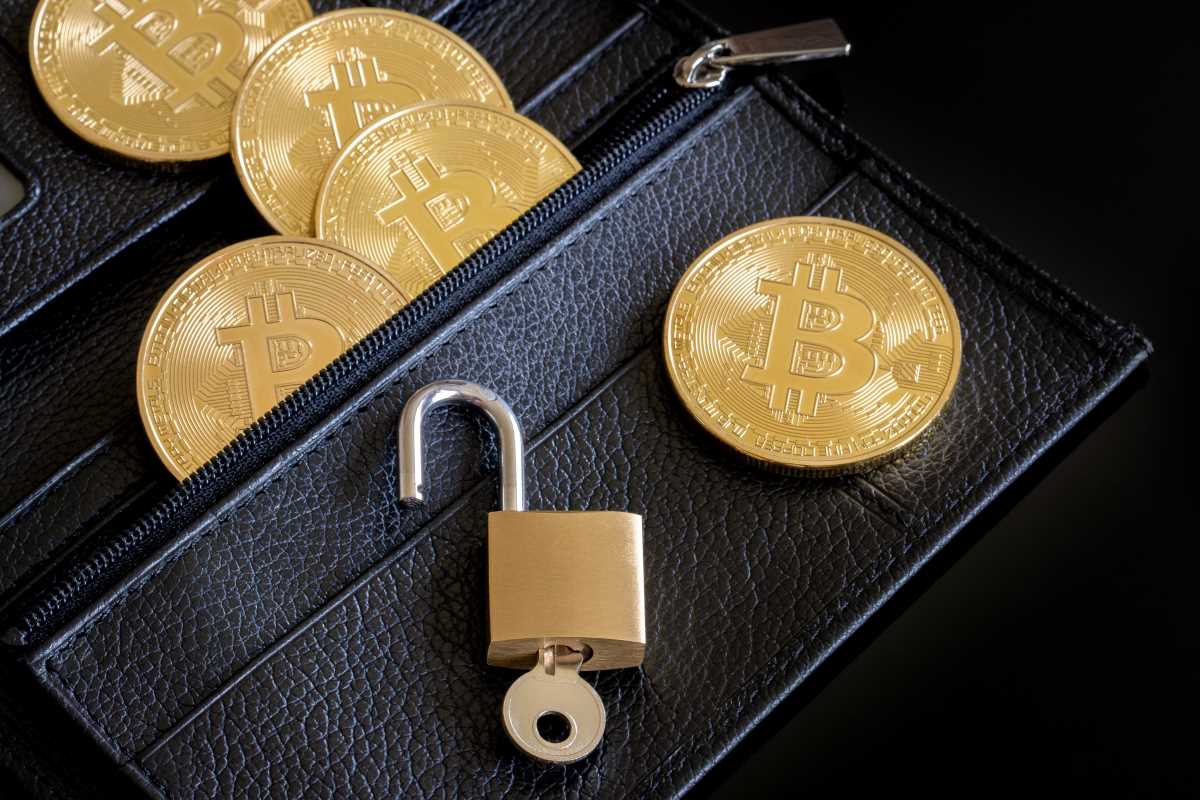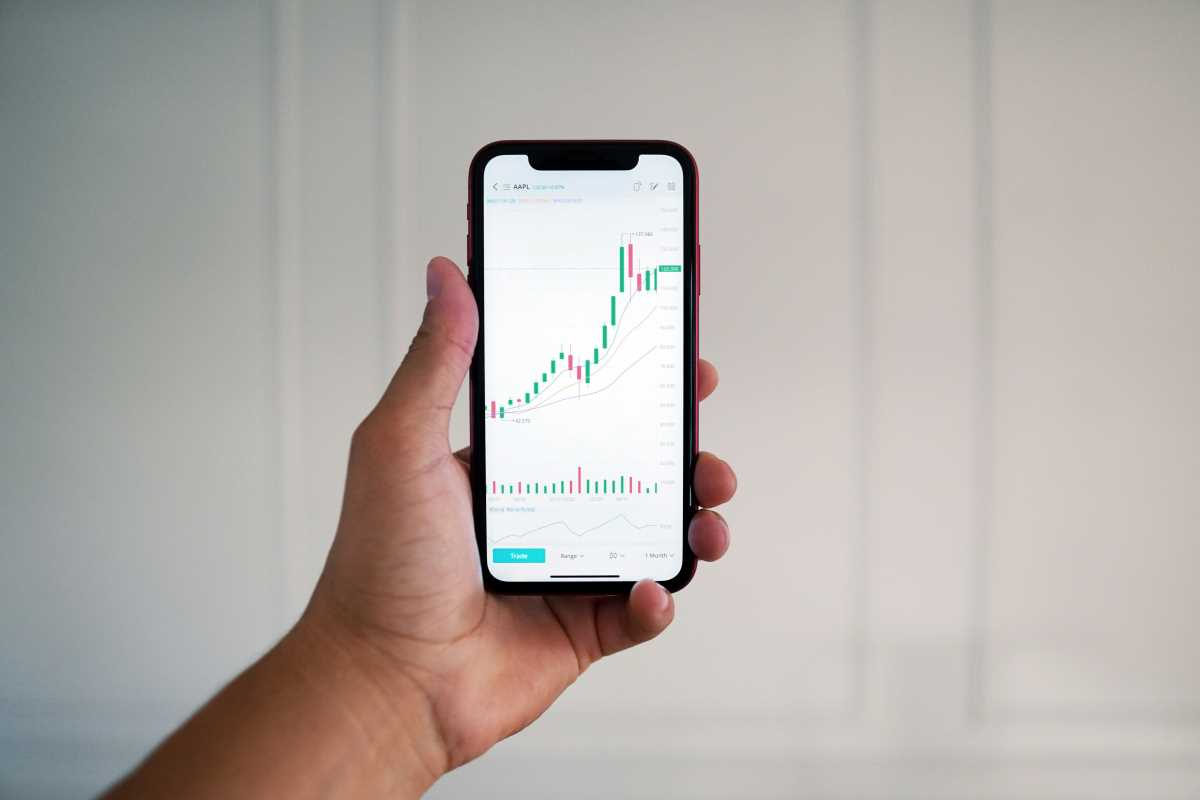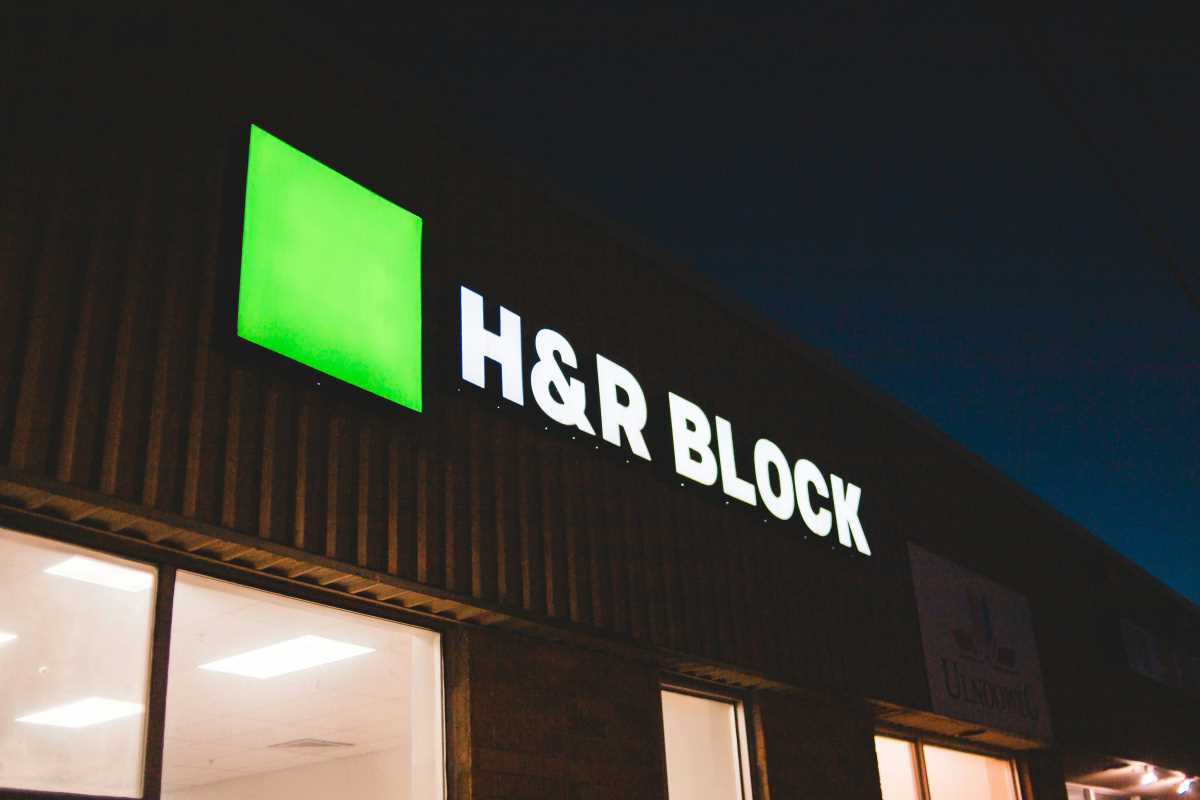Cryptocurrencies have quickly become a popular way to make transactions, both online and in person. From buying your morning coffee to paying for larger purchases, having a dependable cryptocurrency wallet is crucial. These wallets are digital tools that allow you to store, send, and receive cryptocurrencies securely. More than just storage, they provide security and convenience while keeping you in control of your funds. With so many wallet options available, it feels overwhelming to select the best one for everyday use. This guide breaks down the basics of cryptocurrency wallets, explores their types, and highlights the top choices for day-to-day transactions while addressing key considerations like security, usability, and compatibility.
What is a Cryptocurrency Wallet?
A cryptocurrency wallet is a tool that stores your crypto and allows you to send or receive it. Think of it as a digital version of a regular wallet, holding assets like Bitcoin, Ethereum, or any other cryptocurrency. Instead of holding physical cash, it secures the private keys that grant access to your crypto holdings on the blockchain.
Without a wallet, you wouldn’t be able to make transactions with crypto. Wallets are essential for securing your funds and seamlessly managing everyday cryptocurrency use. They provide a user-friendly way to interact with the blockchain, the technology behind cryptocurrencies, ensuring both convenience and security.
When you’re choosing a cryptocurrency wallet, it helps to know the key differences between the two main types—hot wallets and cold wallets. Each serves a distinct purpose and comes with its own set of pros and cons.
Hot Wallets
Hot wallets are connected to the internet, making them highly convenient for frequent transactions. They often come in the form of mobile apps, desktop programs, or browser extensions. This constant online connectivity makes them great for day-to-day use but also more vulnerable to cyberattacks.
Top Hot Wallets:
- Coinbase Wallet – A versatile, user-friendly mobile wallet that doubles as a gateway to decentralized apps (dApps).
- MetaMask – A trusted wallet for Ethereum-based tokens and Ethereum Virtual Machine (EVM)-compatible networks like Binance Smart Chain and Polygon.
- Trust Wallet – A multi-asset wallet that's especially good for users who stake particular cryptocurrencies.
Pros:
- Easy access and setup.
- Ideal for small, frequent transactions.
- Features like integrated exchanges and staking options.
Cons:
- Greater risk of online threats like phishing or hacking.
- Relies on consistent internet connectivity.
Cold Wallets
Cold wallets, in contrast, store your private keys offline, providing excellent security. They are best suited for storing large amounts of crypto for the long term rather than frequent, everyday use.
Top Cold Wallets:
- Ledger Nano X – A top-tier cold wallet with strong security and Bluetooth functionality.
- Trezor Model T – Includes touchscreen features with offline storage.
- Paper Wallets – A simple, printed version of your keys stored offline.
Pros:
- Extremely secure since they’re not exposed to online risks.
- Ideal for safeguarding large amounts of cryptocurrency.
Cons:
- Less convenient for frequent transactions.
- Often a steeper learning curve for beginners.
Features to Look for in a Wallet for Everyday Use
Not all wallets are created equal, so understanding the traits that matter most for your daily transactions is critical. The ideal wallet should check the following boxes:
Security
Look for features like strong encryption, two-factor authentication (2FA), and secure backup options. Hot wallets, in particular, should come with robust defenses against online threats.
Ease of Use
A smooth, user-friendly interface is essential, especially if you’re new to crypto. Many wallets available as mobile apps or browser extensions focus on usability for daily transactions.
Compatibility
Make sure the wallet supports the cryptocurrencies you plan to use. If you’re using multiple crypto types, a wallet that handles them all will simplify your management.
Transaction Speed
Everyday use demands quick transfers. Hot wallets excel in this area with their real-time online connectivity.
Additional Features
Some wallets offer staking, access to decentralized finance (DeFi) platforms, or support for non-fungible tokens (NFTs). These extras might be worth considering depending on your needs.
Best Cryptocurrency Wallets for Everyday Transactions
1. Coinbase Wallet
Coinbase Wallet is a top pick for beginners. It supports a wide range of cryptocurrencies and provides access to decentralized apps (dApps) without requiring a Coinbase account. Its close integration with Coinbase services may limit its appeal to users who prefer a fully decentralized option.
Pros:
- Simple and intuitive design.
- Supports Bitcoin, Ethereum, and many other assets.
- Built-in browser for exploring dApps.
Cons:
- Heavily tied to the Coinbase ecosystem, which might deter those looking for complete independence.
2. MetaMask
MetaMask is particularly popular among Ethereum users but goes further by supporting Binance Smart Chain, Polygon, and other EVM-compatible networks. Recent updates, such as the integration of Blockaid tools, boost security by flagging potentially harmful transactions.
Pros:
- Versatile, with multi-network compatibility.
- Seamless interaction with DeFi platforms and NFT marketplaces.
- Enhanced security with new tools to fight phishing attempts.
Cons:
- Requires extra precaution against phishing scams.
- Gas fees for Ethereum transactions can be high.
3. Trust Wallet
Supporting a vast range of tokens, Trust Wallet also offers staking opportunities for certain cryptocurrencies. This makes it a great choice if you’re looking to earn rewards while holding your assets.
Pros:
- User-friendly and free to download.
- Staking options for supported assets.
- Excellent multi-asset storage capability.
Cons:
- Staking is only available for select cryptocurrencies.
4. Exodus
Exodus stands out with its eye-catching design and smooth desktop and mobile interfaces. Previously lacking two-factor authentication, Exodus now offers this added layer of security, making it a well-rounded option for active crypto users.
Pros:
- Beginner-friendly and aesthetically pleasing.
- Built-in exchange feature.
- Includes 2FA for added protection.
Cons:
- Less feature-rich when it comes to advanced DeFi or staking needs.
5. Blockchain Wallet
One of the oldest wallets in the market, Blockchain Wallet is trusted but somewhat limited for advanced users. It lacks the scalability and advanced DeFi features seen in some competitors, though it works well for straightforward transactions.
Pros:
- Reliable and well-established.
- Convenient for standard cryptocurrency transfers.
Cons:
- Limited support for advanced DeFi capabilities like yield farming or liquidity pools.
Tips for Safely Using Cryptocurrency Wallets
Even the most secure wallets can be compromised if not used with caution. Follow these tips to keep your funds safe:
- Enable Two-Factor Authentication (2FA): A must-have to secure your wallet from unauthorized access.
- Backup Your Private Keys: Store your recovery phrase or keys in a secure, offline location. Never share them online.
- Beware of Scams: Always verify links and websites to avoid phishing attempts.
- Keep Software Updated: Update your wallet app and devices regularly to protect against vulnerabilities.
- Split Your Funds: For extra security, use a hot wallet for daily spending and a cold wallet for savings.
The right cryptocurrency wallet for your everyday transactions depends on your specific preferences and security needs. With the tools and knowledge now at your disposal, you’re well-equipped to incorporate cryptocurrency into your daily financial life confidently.
 (Image via
(Image via





